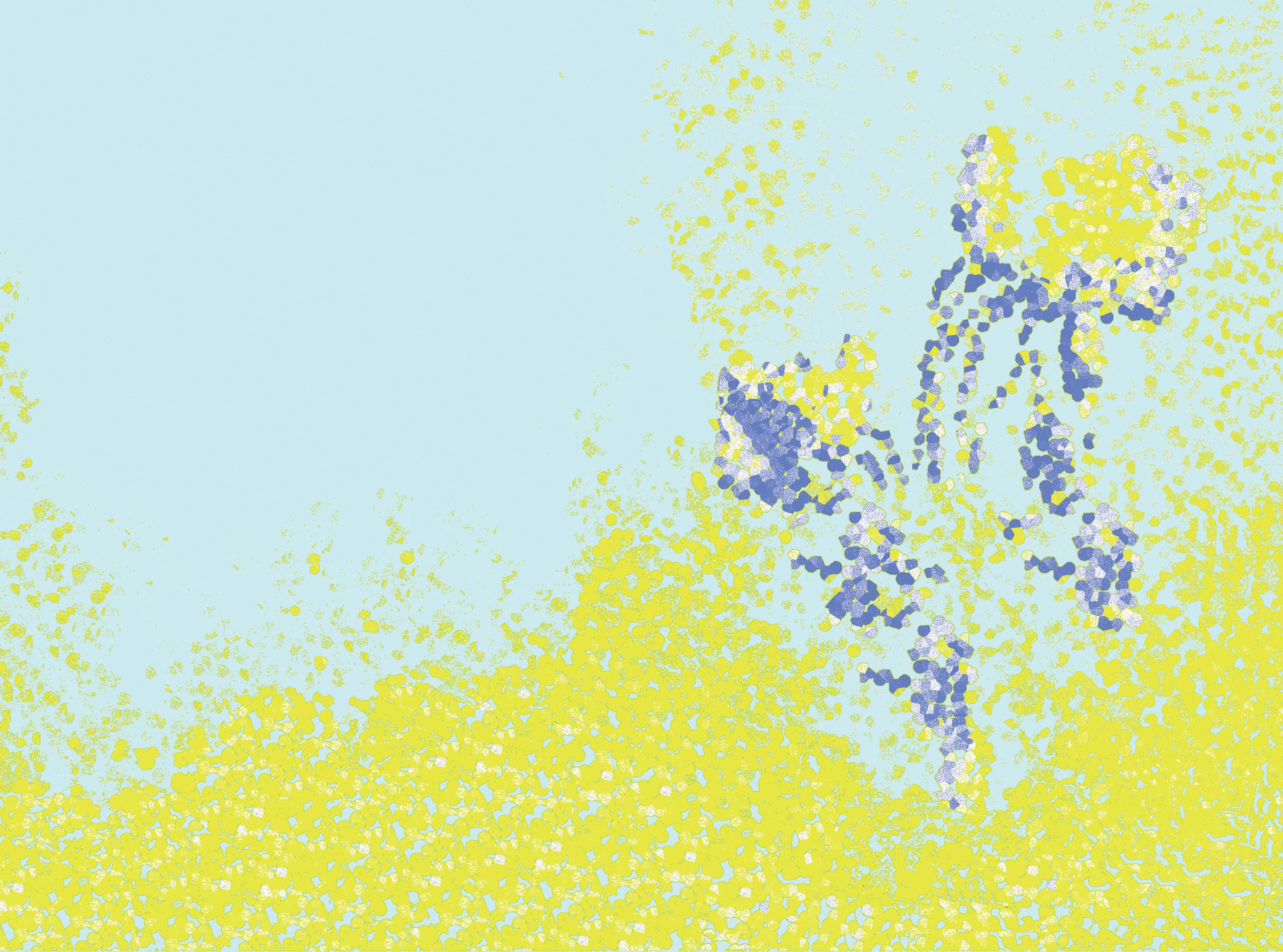Indeterminate Inflorescence
Notes from a poetry class
Lee Seong-bok

Translated by Anton Hur


Translated by Anton Hur
Translated from the Korean by Anton Hur
ALLEN LANE an imprint of
UK | USA | Canada | Ireland | Australia India | New Zealand | South Africa
Penguin Books is part of the Penguin Random House group of companies whose addresses can be found at global.penguinrandomhouse.com.
First published in Korea by Moonji Publishing Co, Ltd. 2015
First published in the United States of America by Sublunary Editions 2023
First published in Great Britain by Allen Lane 2024 001
Copyright © Lee Seong-bok, 2015
Translation copyright © Anton Hur, 2023
The moral right of the author has been asserted
Printed and bound in Great Britain by Clays Ltd, Elcograf S.p.A.
The authorized representative in the EEA is Penguin Random House Ireland, Morrison Chambers, 32 Nassau Street, Dublin d02 yh68
A CIP catalogue record for this book is available from the British Library
isbn: 978–0–241–72815–4
www.greenpenguin.co.uk
Penguin Random Hous e is committed to a sustainable future for our business , our readers and our planet. is book is made from Forest Stewardship Council® certified paper.
“Inflorescence” is the order in which flowers bloom on a stem. An alternative word for inflorescence in “pure Korean” is “flower-sequence” (kkotcharae). There are two kinds of inflorescence: “Determinate inflorescence” means flowers bloom from top to bottom (basipetal) with limited growth. “Indeterminate inflorescence” means the flowers bloom from bottom to top (acropetal), and growth is unlimited. We might say poems bloom in “indeterminate inflorescence” as they grow from concrete to abstract, from secular to sacred.
Poetry takes its form in its endless failure to express what language cannot.
1.
Poetry is what is unsayable. To blurt out what is unsayable is to ignore this fundamental premise.
2.
Poetry is an encounter with unexpected truth. What awaits us when we begin writing a poem is the unknown; only the unwritten can make us happy. Poetry is the promise of joy in the as-yet unknown.
3.
Language can be messy or vulgar, yet without it there is no seeing or hearing. Language is not a means to an end but an object and objective in itself. To use it as a mere tool only leads to unhappiness. Writing is language in the act of escaping and adventuring into the unknown.
4. When writing poetry, the words must always be separated from the self. Otherwise, the words become oppressed by the brain.
5.
Unlike theorists, writers are completely dependent on the compulsion of language. It’s language that casts the net. Writers haul it in. Once you grasp this, you’ll never have to rely on theories again.
6.
That a wealth of experience is essential to write poetry is a myth rooted in the mistaken belief that poetry exists within the poet. Neither is poetry in objects. When Wang Shouren tried to achieve a wider understanding of things through the investigation into the essence of bamboo, his e orts only le him heartsick. Poetry ultimately resides in language; thus language, corrupted as it is by the real world, is sacred. Poets and objects may be nothing more than the hosts poems pass through before sprouting the wings of language.
7.
At one end of the poetic spectrum is beauty and abstraction; at the other, truth and concreteness. To focus on beauty dilutes truth, leaving only pure music, an expression of taste. This is audible poetry, which moves from the
present to the future. To focus on truth exposes what’s hidden, and meaning sharpens into view. This is visible poetry, which moves from the present to the past. Poetry exists between these two extremes.
8.
In Seon Buddhism, “to see what’s fundamental” is understood as “to see is fundamental”. Perhaps poems can arise from switching subject and verb, what is seeing and what is seen.
9.
One and only one image can carry over many emotions; no emotion can carry over one and only one image.
10.
We do not give voice to our poems when we write them; our poems, rather, give voice to us. Words, in a sense, give voice to themselves through us. Perhaps that’s the meaning of the phrase veritas veritatum (truth begets truth).
11.
The self can never speak itself; the speaking self would be le behind. If that speaking self speaks the self again, that speaking self would be le behind. Poetry takes its form in its endless failure to speak what cannot be spoken.
12.
To write poetry is to dig a waterway for words. Poetry allows words to flow through you. The poet must not force the flow of words but rather watch and wait.
13.
To write poetry is to create a way for words to pass. The poet must not drag words through you but rather watch them flow through you.
14.
Literature isn’t made by us. Literature is made by language. There is no path that language cannot enter. Language can’t even be talked about without language.
15.
The only thing that can be depended upon is language. But sharing a father doesn’t mean we’re all siblings. When our languages are di erent, we might as well be cats and dogs to each other.
16.
We distrust language even as we write poetry. We treat it like a lazy servant. But language is greater than us. You have to believe in language to be guided by it.
17.
Weak poems are weak because language was not treated with proper reverence. Language is the alpha and omega of poetry. But just because language is the only true refuge, it doesn’t mean it has to take the forms of poetry.
18.
Our world is a world made of language. If you go “beyond language,” there is only more language, and even these very words are language. A poet is someone who makes naked contact with this language.